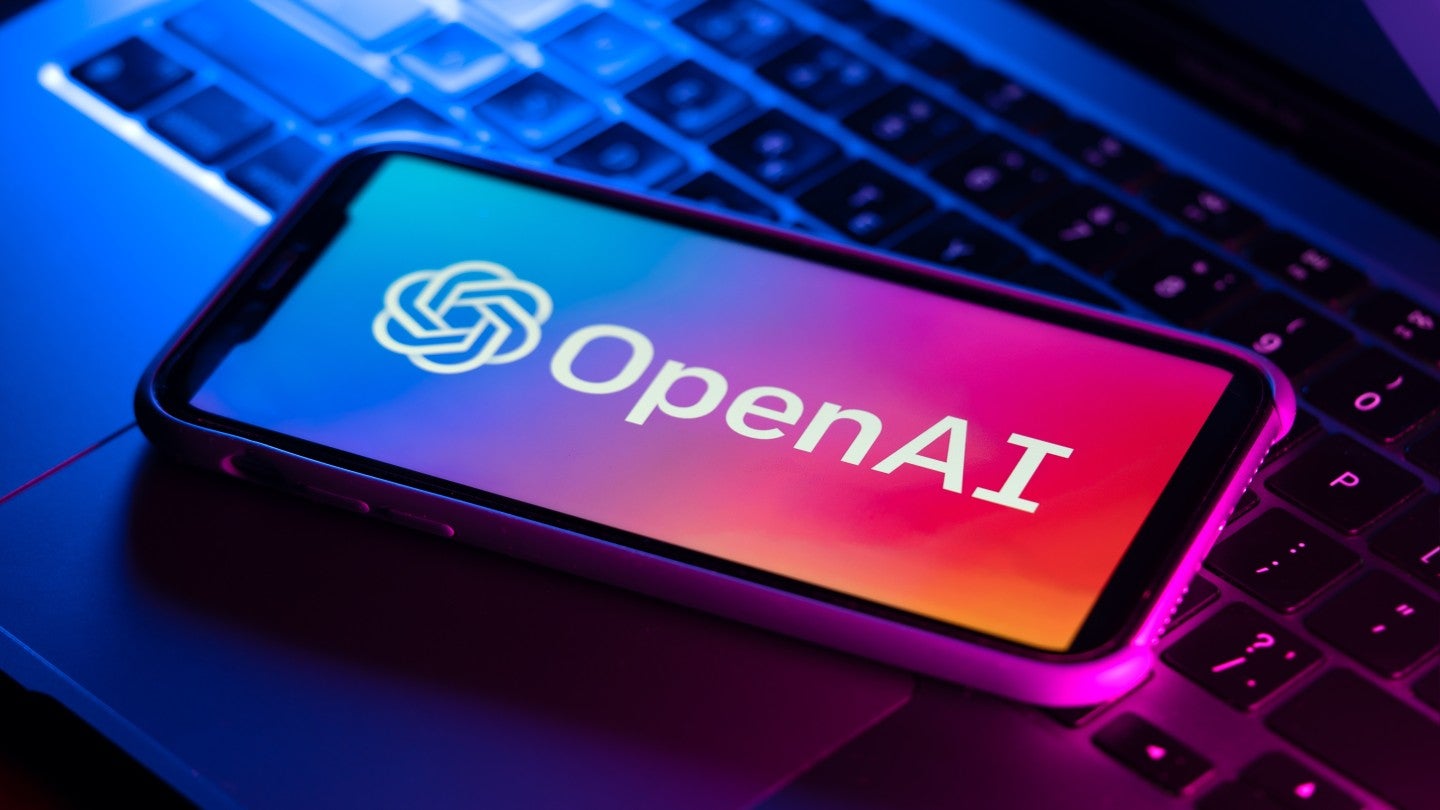
OpenAI, an artificial intelligence (AI) research lab backed by Microsoft, has acquired Rockset, a company that specialises in real-time analytics databases.
Financial details and other terms of the deal were not disclosed.
Sources told Reuters that OpenAI completed the purchase using its shares in a stock deal.
This transaction reportedly values Rockset at several hundred million dollars, making it one of OpenAI’s most significant acquisitions to date.
The latest acquisition is expected to bolster the infrastructure of OpenAI’s enterprise products.
The ChatGPT developer said it will be integrating Rockset’s technology to improve data utilisation for business customers and developers on the OpenAI platform.
How well do you really know your competitors?
Access the most comprehensive Company Profiles on the market, powered by GlobalData. Save hours of research. Gain competitive edge.

Thank you!
Your download email will arrive shortly
Not ready to buy yet? Download a free sample
We are confident about the unique quality of our Company Profiles. However, we want you to make the most beneficial decision for your business, so we offer a free sample that you can download by submitting the below form
By GlobalDataIn a blog post, Rockset said that it will become an integral part of OpenAI, focusing on powering the retrieval infrastructure behind the company’s comprehensive product suite.
Rockset has assured that its current customers will experience no immediate changes in the service.
Additionally, select members of the Rockset team will be joining OpenAI as part of the acquisition.
Commenting on how Rockset will fit in, OpenAI chief operating officer Brad Lightcap said: “Rockset’s infrastructure empowers companies to transform their data into actionable intelligence. We are excited to bring these benefits to our customers by integrating Rockset’s foundation into OpenAI products.”
Rockset, founded by former Facebook employees, excels in data indexing and querying capabilities.
Its technology enables users, including developers and enterprises, to better harness their data, access real-time insights, and develop more intelligent AI-driven applications.
In August, Rockset raised $44m in a funding round which was led by Icon Ventures, with contributions from Sequoia and Greylock, bringing its total funding to $105m.
Rockset CEO Venkat Venkataramani said: “We are excited to be joining OpenAI to empower users, enterprises and developers to fully leverage their data by bringing powerful retrieval to AI.”







